2023 Racial Justice Summit Speakers
Elected Officials
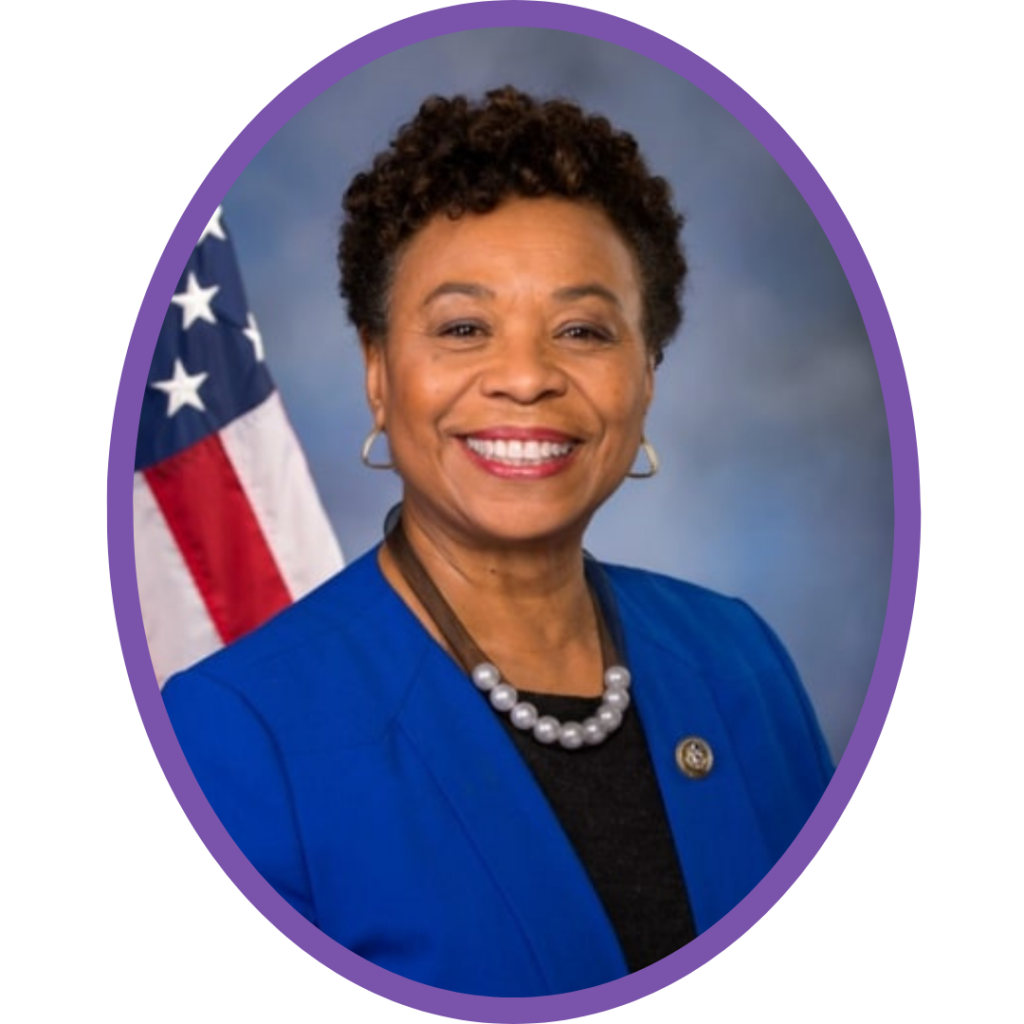
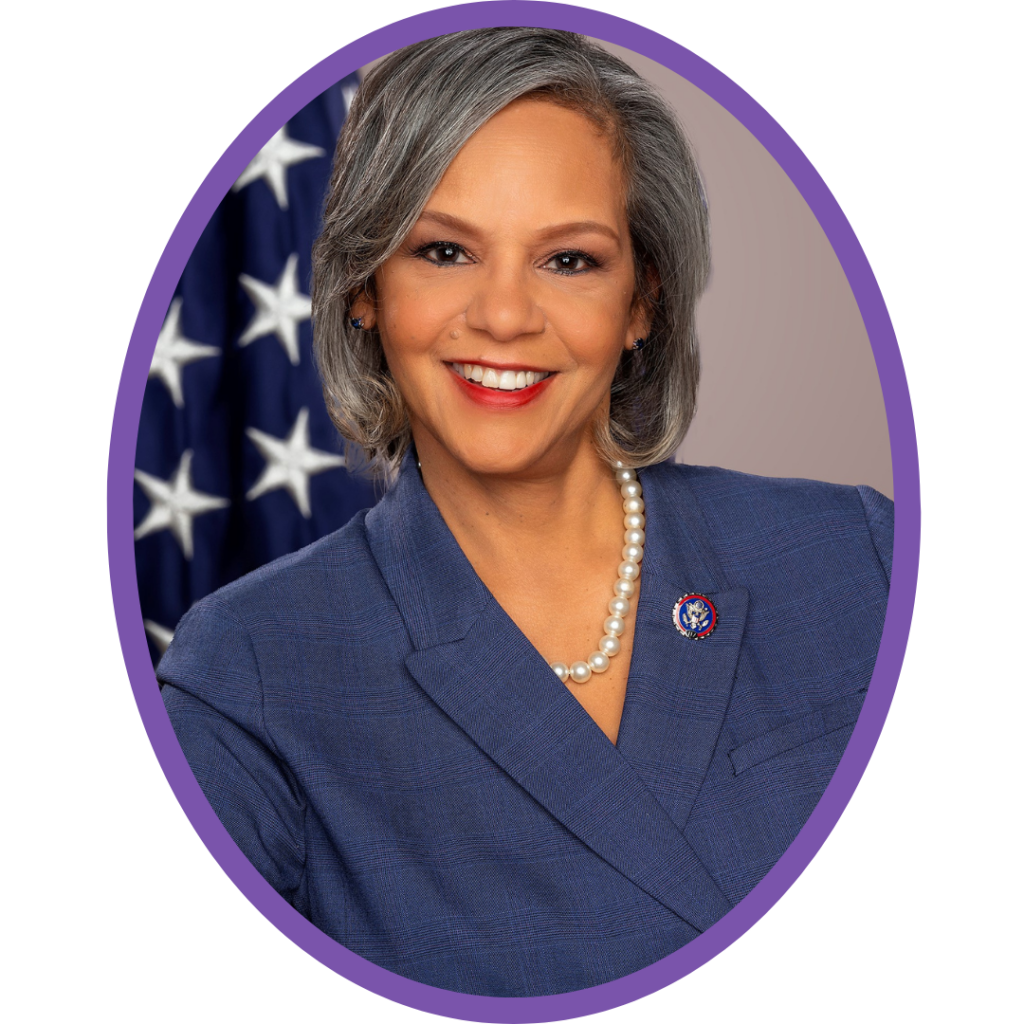
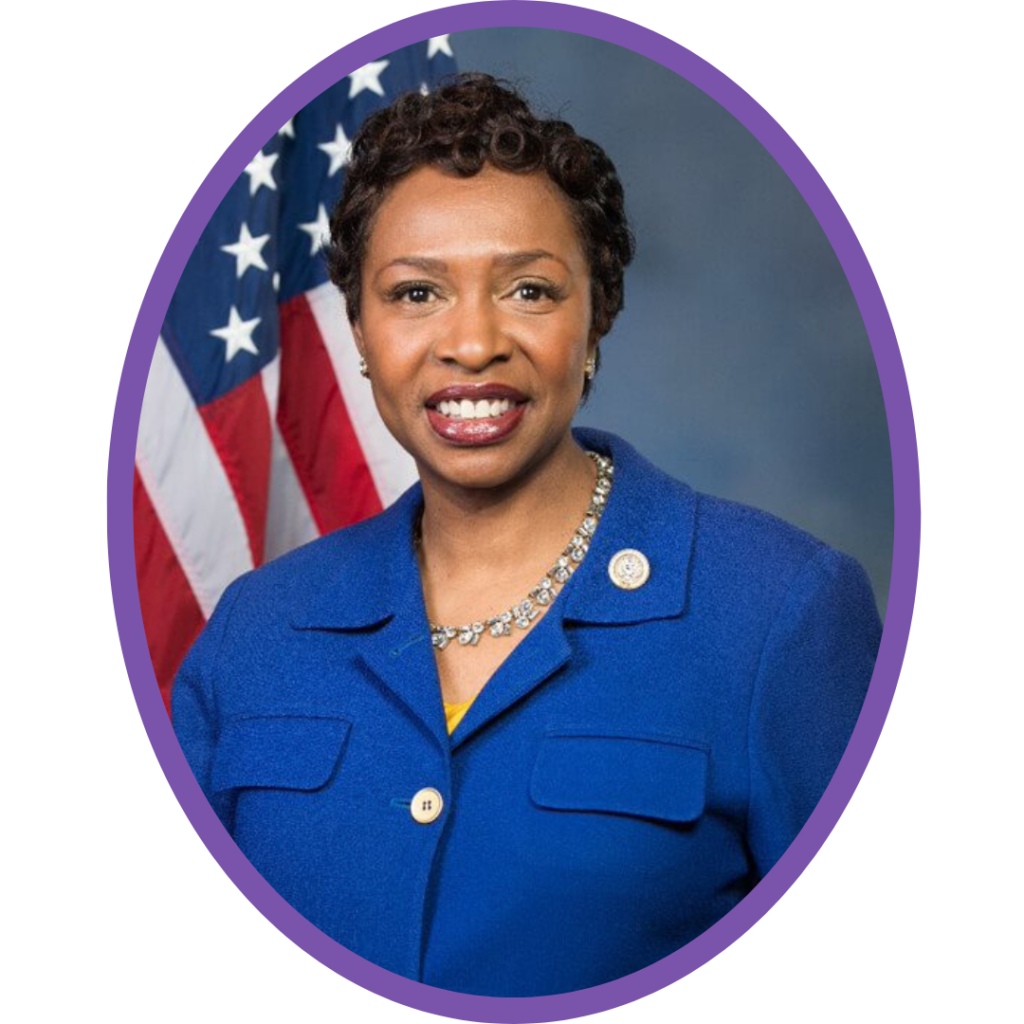
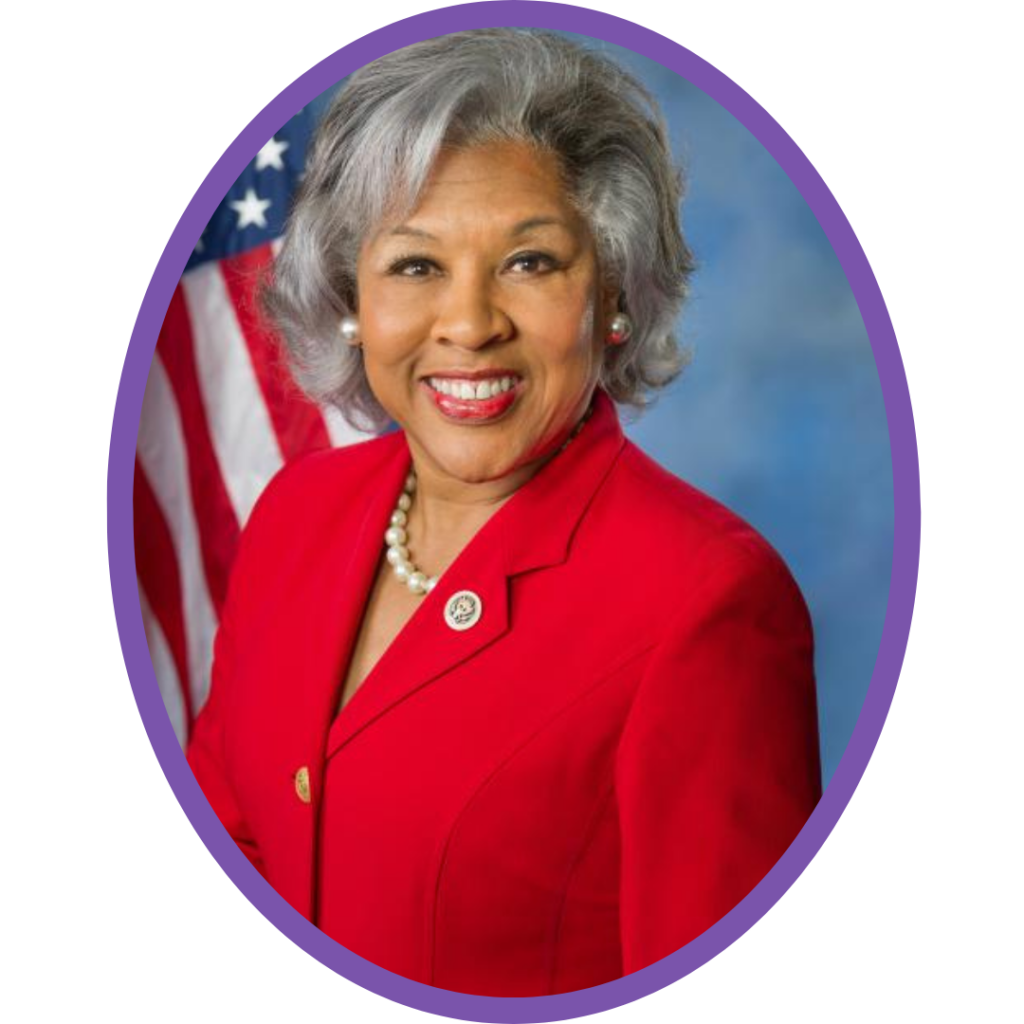
Keynote Speakers
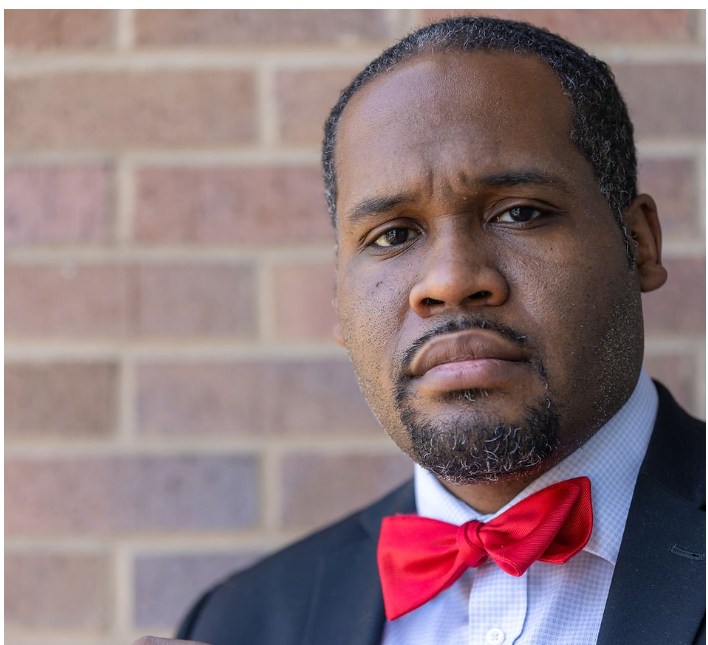
Gerald Griggs, Attorney at Law
Gerald A. Griggs is an Atlanta attorney dedicated to Equal Justice for All. He is a tenacious trial attorney, a zealous advocate, and a compassionate Social Justice Activist. On April 23, 2022, Attorney was elected the 13th President of the State Conference of the Georgia NAACP by an overwhelming margin.
Attorney Griggs is committed to community service throughout Georgia. He is the President of the Georgia NAACP. He is also the First Vice President of the Atlanta Chapter of the NAACP and was formerly the Third Vice President of the State Conference of the Georgia NAACP. Further, Attorney Griggs was a co-organizer of the Atlanta March of Social Justice and Women (Georgia’s Largest Civil Rights Demonstration) and is a co-founder of the Georgia Alliance for Social Justice, the Georgia Affiliate of the Women’s March.
For his community service, Attorney Griggs was honored for his Community Activism by Congressman John Lewis during the 2016 Congressional Black Caucus Conference in Washington D.C. He was also honored by the Georgia NAACP and the Atlanta NAACP for his Social Justice Activism. Recently, Attorney Griggs was recognized by Rolling Out Magazine as the Justice For All Award recipient for 2019.
Attorney Griggs is dedicated to providing Justice to all Citizens, One Client at a Time
Hello. Today is the most amazing day. It is sunny outside and there is a slight breeze. The ocean sweet smell of kelp and salt are in the air.
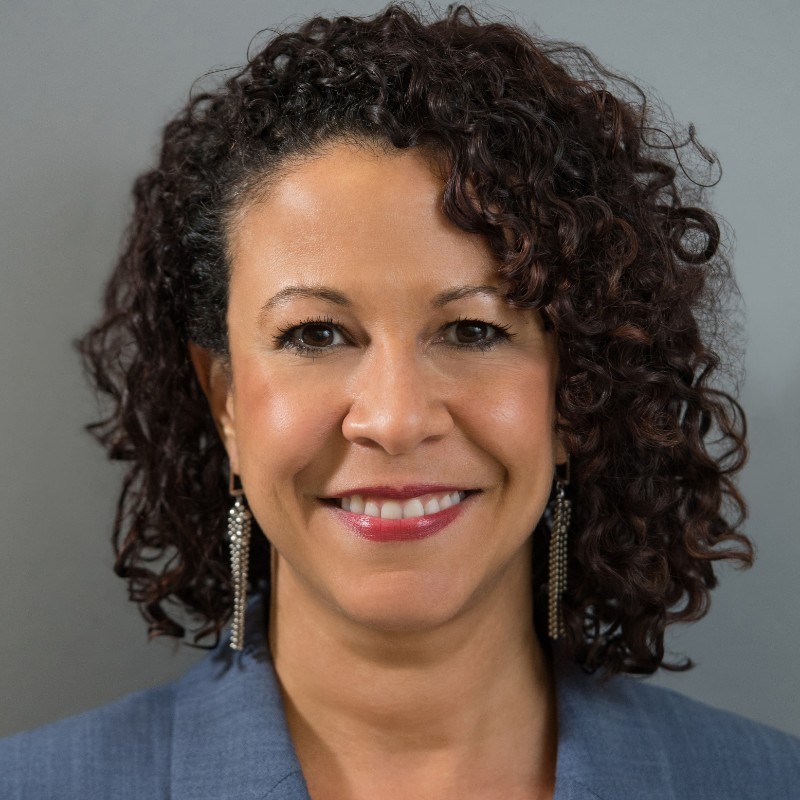
Linda A. Seabrook
Linda A. Seabrook has been a victim advocate in one capacity or another since high school. Soon after graduating from college, she was a community-based advocate in Routt County, CO; then became a systems-based advocate in Dubuque, IA; and before entering law school, was a national policy and programs associate for the National Center for Victims of Crime.
Linda began her legal career as an Assistant Solicitor in her hometown of Charleston, SC in order to ensure Black women and girls could access justice, too. During her tenure as a prosecutor, Linda founded the Charleston County Domestic Violence Community Coalition, which brought community stakeholders to the table to coordinate and offer increased referrals to community resources and assistance for all parties involved in family violence incidents – victims, children, the community, and those accused of causing harm.
After a brief stint in private practice, in 2009, Linda joined the Department of Justice (DOJ) for the first time to serve as a subject matter expert on victims’ rights, assisting the U.S. Attorneys’ offices and DOJ components with victims’ rights enforcement and compliance. Linda left DOJ to become the first General Counsel for the national nonprofit Futures Without Violence, where in addition to her legal responsibilities, she established a robust economic justice program focusing on low-wage working women and executed the organization’s policy strategy and partnerships on criminal justice reform and the impact on Black and brown women and families. In January of 2022, she was appointed by the Biden-Harris Administration to the position of Senior Counsel, Racial Justice & Equity for the Office of Justice Programs at DOJ leading implementation efforts on E.O. 13985 which seeks to advance racial equity and expand access to federal grants and programming for communities of color and other historically marginalized and underserved populations.
Linda received her B.A. from the University of Virginia, and her J.D. from the University of South Carolina School of Law.
Panel 1: Take it to the Polls: Fighting Voter Suppression
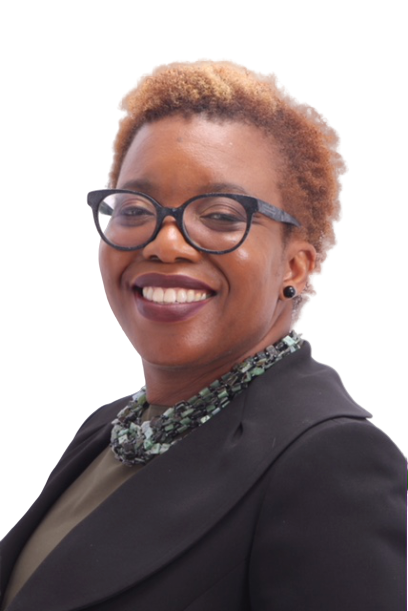
Marcia Johnson
Marcia Johnson is the Co-director of the Lawyers’ Committee’s Voting Rights Project. She manages the Project’s voter engagement programs and advocacy portfolios which include overseeing the work of Election Protection, the nation’s largest non-partisan voter protection coalition; promoting engagement in the census and the redistricting process; researching the history of discrimination in voting; advocating for the restoration of the full protections of the Voting Rights Act and promoting national and state-based electoral reform legislation that ensures access to the ballot; and advocating for the restoration of voting rights for those with felony convictions.
Marcia also coordinates the Lawyer’s Committee’s international human rights initiatives including monitoring U.S. compliance with its treaty obligations under the Convention for the Elimination of Racial Discrimination and the International Covenant on Civil and Political Rights.
Marcia is a national speaker on voting rights. She has testified before Congress and has appeared in national media discussing voting rights challenges and solutions. She is featured in the international documentary, Democracy Maybe, a series exploring the challenges faced by democracies across the globe.
Marcia is particularly proud of her work organizing two national commissions that researched and documented the record of discrimination in voting. This research has been part of the record used by Congress to support the reauthorization of the Voting Rights Act in 2006. Marcia also served as a member of the litigation team defending the 2007 challenge to the constitutionality of the Act.
Her essay on voting rights is part of an exhibit at the National Center for Civil and Human Rights in Atlanta, Georgia.
Marcia has taught as an adjunct professor at Georgetown University Law Center. She received her J.D. from Villanova University School of Law and a Bachelor of Science degree in Linguistics from Georgetown University.
Bar Admissions: Admitted in the District of Columbia and New Jersey. Admitted to the US District Court for the District of New Jersey.

Sakira Cook
Sakira Cook is the Vice President of Campaigns, Policy and Government Affairs at Color Of Change. She helps lead the organization’s policy and government affairs team, its work to overhaul the criminal justice system and safeguard democracy. She is in charge of advocacy strategies aimed at government officials – leveraging the power of Color Of Change members to win real-world change for Black people.
Throughout her career, Sakira has fought for transformative policy solutions to advance civil rights in the United States, working to eliminate inequity and injustice in policing, pre-trial detention, sentencing and reentry. Before joining Color Of Change, Sakira was the Senior Director of the Justice Program at The Leadership Conference on Civil & Human Rights and The Leadership Conference Education Fund. There, she oversaw the justice reform agenda and conducted advocacy at the United Nations, promoting U.S. ratification of important human rights treaties and helped establish the Permanent Forum on People of African Descent. She also led several public education campaigns such as Vision for Justice and Vote for Justice, and work that led to the passage of The First Step Act and The Fair Chance Act to name a few. Prior to that, she served as a legal and research fellow at the Open Society Policy Center, focusing on criminal, civil, and racial justice reform.
Sakira attended Howard University where she earned a B.A. in International Business and Management, and then Wayne State University Law School where she earned her J.D. She currently lives in Washington D.C. and likes to travel with family and friends in her free time.
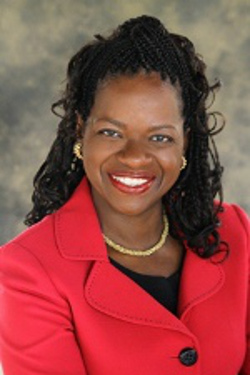
Barbara R. Arnwine, Esq.
Barbara R. Arnwine, Esq, President & Founder of the Transformative Justice Coalition, is internationally renowned for contributions on critical justice issues including the passage of the landmark Civil Rights Act of 1991 and the 2006 reauthorization of provisions of the Voting Rights Act. Currently, she also serves as Co-Chair and Facilitator of the National Commission for Voter Justice, the Millennial Votes Matters Convenings and the Voting Rights Alliance. She was the head of the Lawyers’ Committee for Civil Rights Under Law from February, 1989 until June, 2015 and holds the honorific title of President Emeritus. She has served as the Charles Hamilton Chair for the North Carolina Central University School of Law from 2016-2017 and has also taught at Columbia University School of Law. She also created the legendary Voting Rights “Map of Shame” in 2011, which exposed the new modern wave of voter suppression in the states. Her groundbreaking civil rights and human rights advocacy has been honored with many prestigious awards. She is the radio host of Igniting Change and is a regular presence in the national media, and is often quoted in the press. A graduate of Scripps College and Duke University School of Law, she continues to champion civil rights and racial justice issues nationally and internationally in the areas of housing and lending, women’s rights, especially issues affecting intersectionality and African American women and girls, community development, employment, voting, education, policing restructuring, and environmental justice.
Ms. Arnwine’s work also includes immigrant rights, judicial diversity, criminal justice reform, racial profiling, health care disparities and LBGTQIA rights. A prominent leader in the civil and human rights community, she fights for the preservation of affirmative action and diversity programs. She is also an outspoken voice about the need for reparations for African Descendants in the Americas.?
Click here to read Ms. Arnwine’s full bio.
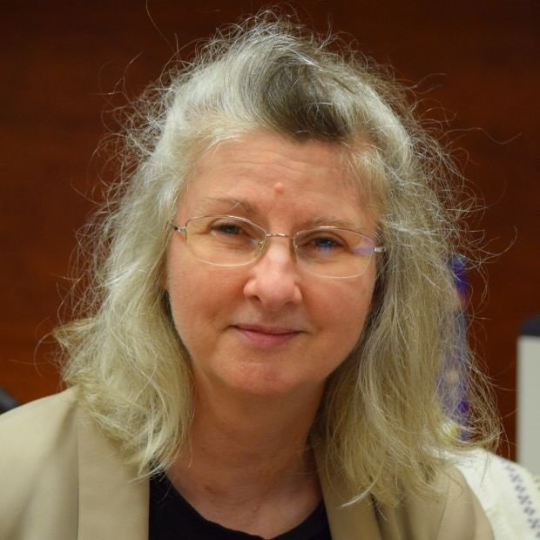
Lou Ann Blake
Lou Ann Blake is the director of research programs for the National Federation of the Blind (NFB), where she has worked since 2005. Ms. Blake has served as the principal investigator, of the NFB’s Help America Vote Act training/technical assistance grant from the US Department of Health and Human Services. Currently, she manages a subcontract with the National Disability Rights Network to provide training and technical assistance on issues experienced by blind voters to Protection and Advocacy System voting advocates.
She is responsible for working with election technology developers, voting rights advocates, and election officials to ensure that the election process is accessible to blind and low-vision voters. She has spoken on voting-related issues before the National Council on Disability, the National Association of State Election Directors, the American Bar Association Standing Committee on Election Law, and the National Commission on Voting Rights.
Panel 2: Means to an End: Barriers to BIPOC Wealth
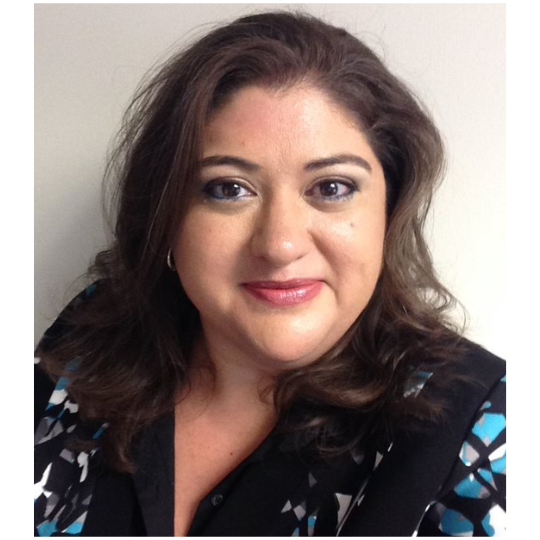
Amy Hinojosa
Amy Hinojosa is the President and CEO of MANA, A National Latina Organization, the oldest and largest Latina membership organization in the United States. Since 1974, MANA has been the leading voice for Latinas in the areas of health, financial well-being, education and technology access, environmental concerns, civil rights and diversity and inclusion. Amy is responsible for the operations and oversees the educational programming of the national organization, as well as national advocacy efforts. She has extensive experience working on local and national grassroots campaigns targeted at mobilizing voices and actions in Hispanic communities nationwide on topics ranging from financial literacy and retirement, mentoring, long-term care planning, and census participation to advocacy efforts on student loans, immigration reform, and health care reform. Community education and engagement have been central to her work, with a particular emphasis on youth. Amy currently serves as Secretary of the Board of Directors for the Hispanic Association on Corporate Responsibility, and as a Member of the Board of Directors for the National Hispanic Leadership Agenda.
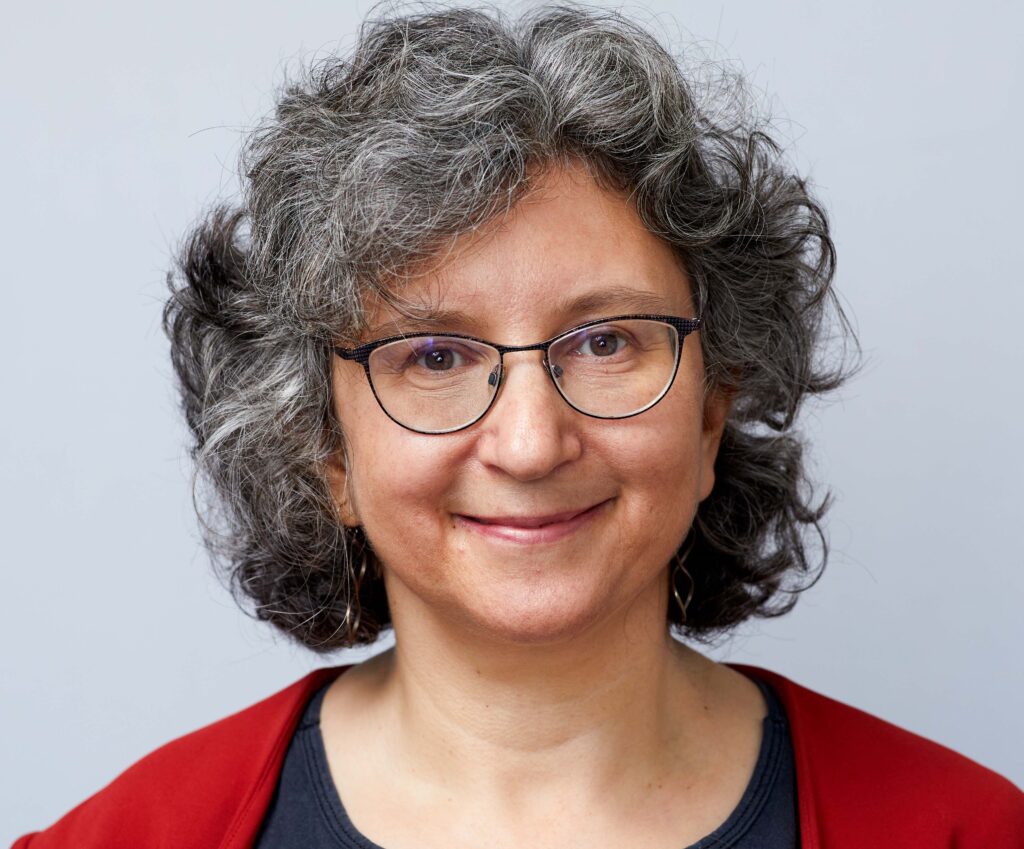
Elizabeth Lower-Basch
Elizabeth Lower-Basch is the deputy executive director of policy at CLASP. In this role, she provides leadership, strategic guidance, and support for the organization’s policy and advocacy agenda. She is an expert on federal and state cash assistance, Medicaid, SNAP, and refundable tax credits, how they impact the lives of people with low incomes—including immigrants—and how they could be improved to increase racial equity and justice. Ms. Lower-Basch has expertise in both federal policy development and in effective and cross-cutting implementation of federal policy. Key professional accomplishments include maximizing state use of the TANF Emergency Fund during the Great Recession and helping launch and lead the Protecting Immigrant Families, Advancing Our Future campaign, a multi-organizational campaign dedicated to protecting access to income and work support programs for immigrants and their families. In February 2022, Ms. Lower-Basch was selected to serve as a policy expert on the U.S. Department of Agriculture’s Equity Commission. From 1996 to 2006, Ms. Lower-Basch worked for the Office of the Assistant Secretary for Planning and Evaluation at the U.S. Department of Health and Human Services. In this position, she was a lead policy analyst, supporting legislative and regulatory processes during the implementation of the Temporary Assistance for Needy Families (TANF) block grant and managing research projects. She received a bachelor’s degree in history from Yale University, writing her thesis on pro- and anti-immigrant tendencies in the 19th-century American labor movement, and a master’s degree in public policy from Harvard University’s Kennedy School of Government.
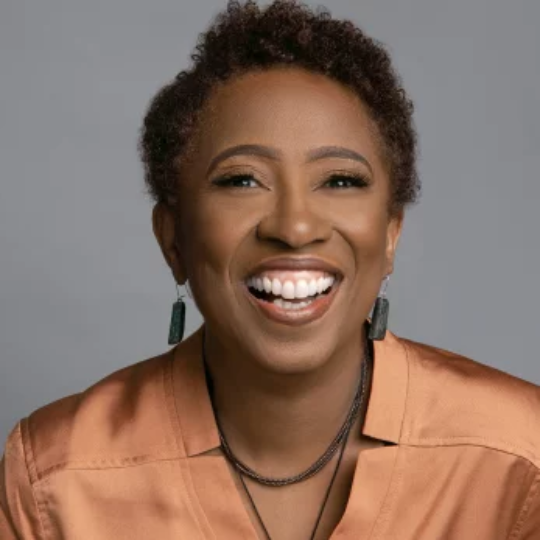
Portia Reddick White
For over 20 years, Portia Reddick White has been a warrior in the movement helping to motivate, encourage, educate and influence policymakers. She has implemented bold strategies to eradicate the uneven playing field for people of color and led legislative and advocacy outreach campaigns for the American Association of Retired Persons (AARP), the Transport Workers Union of America, the flight attendants of Southwest Airlines, and the National Education Association.
Portia served as Deputy Director of Public Engagement during the 2016 Democratic National Convention. As Senior Advisor to the late Senator Harry Reid, Portia managed a policy portfolio including labor, intergovernmental affairs, faith, and civil rights, bringing policy and people together.
Portia earned her Bachelor of Arts and Master of Education degrees from Oral Roberts University and a Juris Doctorate from the University of Baltimore. Portia boasts numerous accomplishments and previously holds the designation “Labor Leader of the Year” from the National Black Caucus of State Legislators. She serves as a board member on the Committee to Protect California Kids and is an active member of Chief, a network focused on connecting and supporting women executive leaders.
Panel 3: In Their Honor: Bringing Awareness to our Missing Sisters and Loved Ones
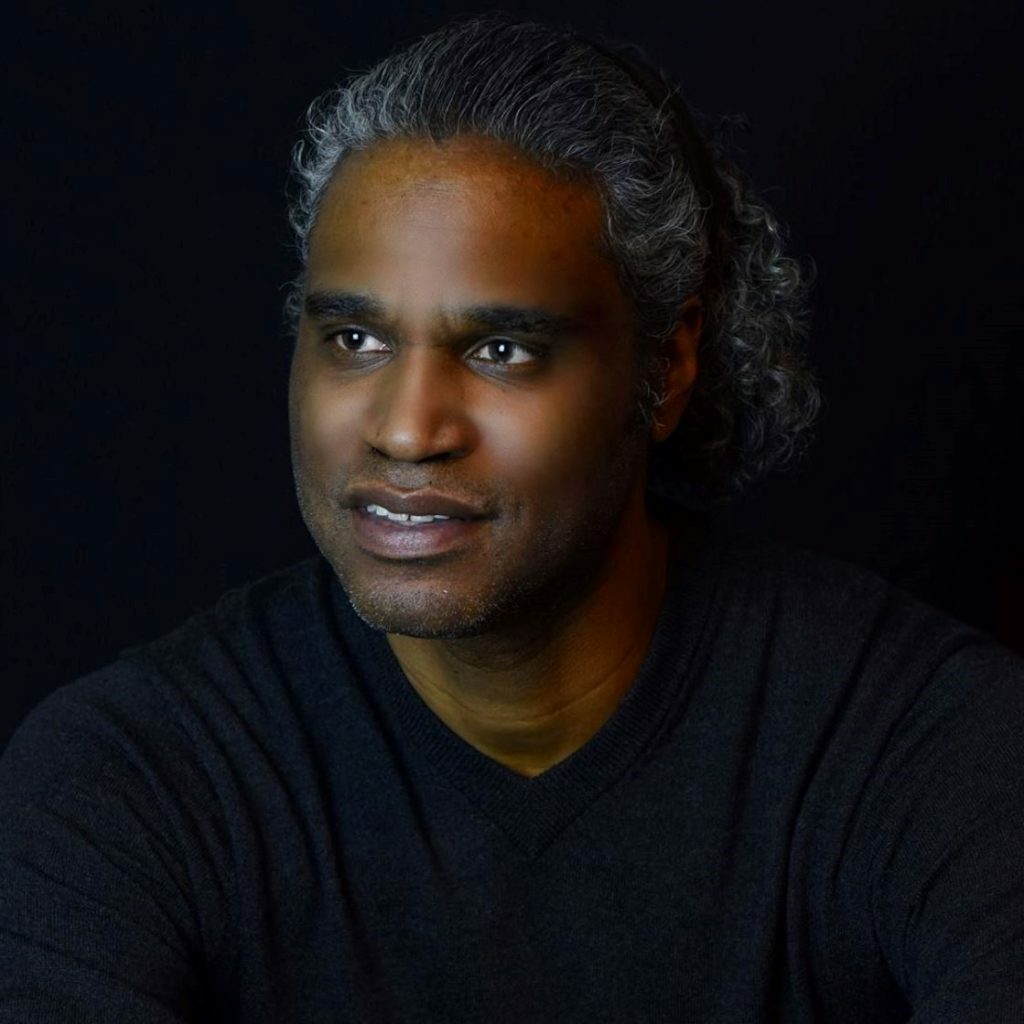
Dr. Gary L. Ford, Jr.
Dr. Gary L. Ford, Jr., assistant professor in Lehman College’s Department of Africana Studies and author of Constance Baker Motley: One Woman’s Fight for Civil Rights and Equal Justice under Law (University of Alabama Press), is among those few biographers ever to meet or become personally acquainted with their subjects.
While growing up in Connecticut, Ford was introduced through family connections to Motley, a New Haven native, who, in 1966, became the country’s first African American female federal judge. Motley’s niece and namesake, Constance Royster, even brought Ford to Motley’s house for a few visits, and the famed jurist and civil rights stalwart shared with him a scrapbook she had kept while fighting desegregation cases in the 1950s and 1960s, as well as photographs of her taken while working with Dr. Martin Luther King, Jr.
“Judge Motley was one of the real heroes of the civil rights movement, and I was quite fortunate to be able to get to know her some,” said Ford. “She had a slightly withdrawn personality, but once you got to know her she was warm and funny. I remember her being very tall and stern looking. I heard she did not take a lot of flak in her court room, but that may have been because she was a woman judge back when they weren’t many. What I treasured most about my time with her, though, were all of the stories she told about her work. Having these personal insights definitely propelled me to want to keep her legacy alive.”
Ford’s championing of Motley began with his doctoral dissertation at the University of Maryland, and then later as a 2012 Quinnipiac University documentary film that he produced with producer-director Michael Calia and screenwriter Susan Bailey, Justice is a Black Woman: The Life and Work of Constance Baker Motley. All along he has been aided by Motley’s son Joel, who provided Ford with access to files, books and recordings.
Constance Baker Motley: One Woman’s Fight for Civil Rights and Equal Justice under Law has just been published in paperback. Ford’s book tour, still ongoing, has taken him to television and radio stations, museums, libraries, colleges, high schools and even several federal courts.

Dawn Dalton
Dawn Dalton, pronouns she/her/hers, serves the DC Coalition Against Domestic Violence as Executive Director. Dawn is responsible for ensuring that the work of the Coalition is in line with our Mission and Guiding Principles and that highly qualified staff are providing effective support to member programs, national partners, and community stakeholders.
Dawn has spent her career working in the domestic violence community in Chicago, Illinois, and Washington, DC in direct service, policy, and executive director roles. In each of these roles, she has been committed to centering the voices of survivors of domestic violence to ensure varied experiences with systems are taken into consideration during the creation of new programming, policy, and legislation. With this mission, Dawn has successfully worked to bring the private and public funding sectors together to collectively support the survivor-defined needs, in their communities and ensure that service providers are adequately funded to support survivors.
Dawn approaches her work from an anti-oppression framework, believing that in order to end domestic violence we must also work on dismantling all oppressions and that this work needs to be done in all spaces of our society—from the one-on-one exchanges over coffee to board room decisions in corporate settings. To support her work Dawn leans on her degree in Psychology and her master’s degree in Social Work. To keep her life in balance, she spends her non-working hours exercising, cooking and baking, hosting family and friends, supporting local small businesses, and enjoying a sunrise or sunset whenever she can.

Shelby Chestnut
Shelby Chestnut has over 20 years of community organizing, policy advocacy, management and leadership experience. Shelby is mixed race Assiniboine and white and was born in rural Montana. They spent their time growing up between Montana and Minnesota in a working-class, single-mom household. Shelby came out as queer and trans in the 1990s, to a supportive family, and got their first organizing experience when navigating school bullying.
Prior to stepping into the role of Transgender Law Center’s (TLC) Executive Director, Shelby served for five years as TLC’s Director of Policy and Programs. In that role, Shelby helped build a robust team that successfully launched projects like the Disability Project, Black Trans Circles, Justice for Roxsana and Free Chin, and the Trans Agenda for Liberation, the community-led guide towards the future we deserve.
Prior to TLC, Shelby served as the Director of Community Organizing and Public Advocacy at the New York City Anti-Violence Project (AVP). At AVP, Shelby led the growth of state, local, and national organizing and policy efforts. In their decades of work within BIPOC, LGBTQ, and anti-violence movements, they were part of coalitions working on the passage of the Violence Against Women Act and the NYC Right to Know Act. Additionally, they served on various mayoral and city council commissions and worked to increase funding for LGBTQ survivors of domestic violence. They also helped build a local and national rapid response model for incidents of violence impacting LGBTQ people, especially transgender women of color.
Shelby is a graduate of Antioch College and The New School, and is currently the chair of the Board of Trustees at Antioch College.
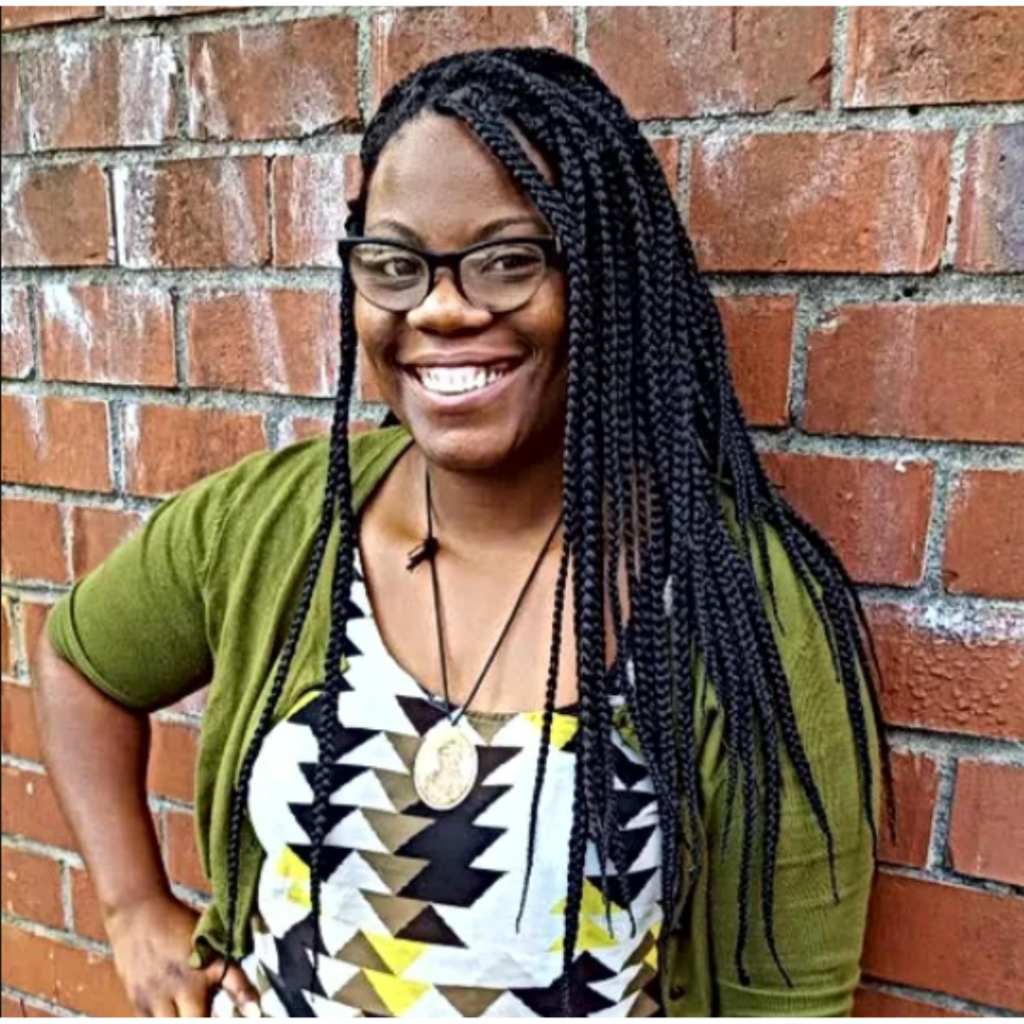
Shakya Cherry Donaldson
She is a South Bronx, NY native where she worked as a community organizer, political operative, and teacher. She earned a Bachelor of Arts in Economics and Africana Studies from Franklin & Marshall College and traveled extensively. She taught English in South Korea for two years. She earned a Masters of Art in Political Economy from the University of Sydney in Australia.
Upon returning to the U.S. Shakya took up residence in Nashville, TN, where she worked under Marian Wright Edelman at the Children’s Defense Fund organizing communities to disrupt and dismantle the Cradle to Prison Pipeline throughout the South. She has worked tirelessly on behalf of Black women and children with organizations including Fellowship of Reconciliation, National PTA, the Tennessee Human Rights Commission, A. Philip Randolph Institute, and the National Black Law School Students Association, and Casey Family Programs.
In 2016, Shakya began focusing on work in Electoral Justice and has worked on issue based and candidate campaigns in 13 states including Deputy Field Director-Statewide for Stacey Abrams for Governor of Georgia during the historic primary. Starting her own consulting company she continued to work with progressive groups and marginalized folx before pivoting during the 2020 election cycle and founding 1000 Women Strong.